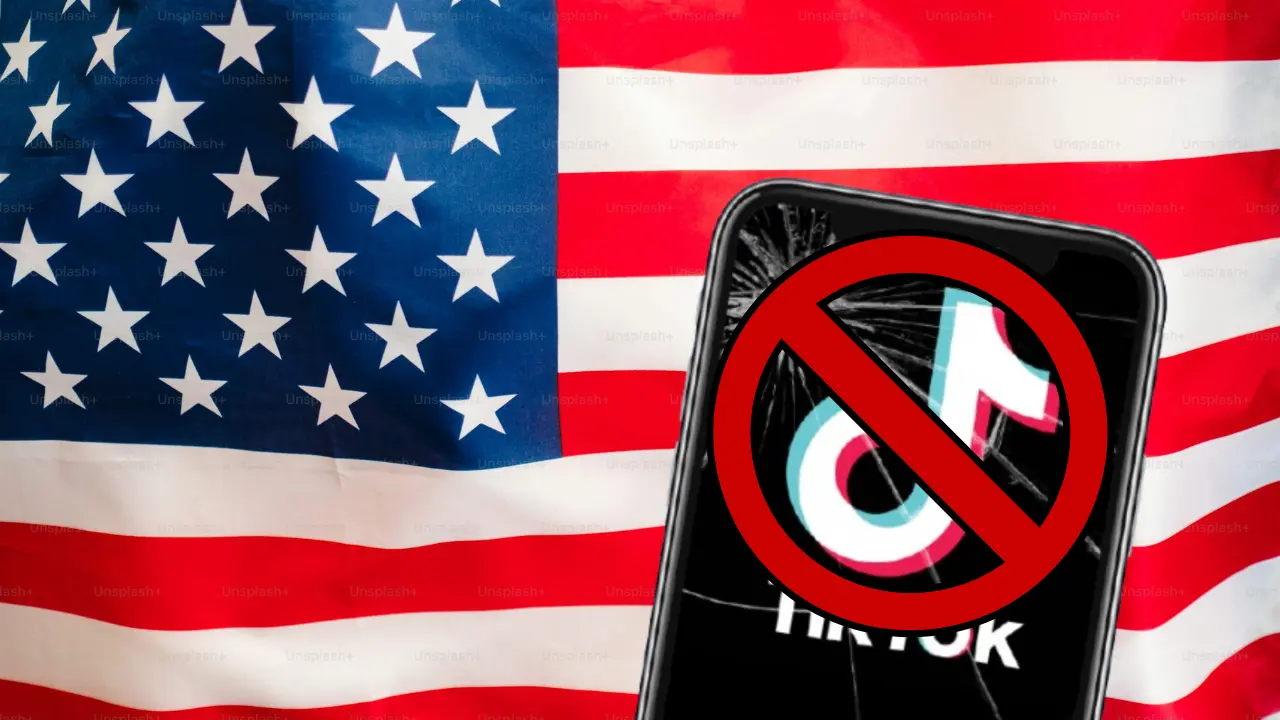The fate of TikTok in the United States remains a subject of intense debate and speculation. The immensely popular short-form video platform has been embroiled in controversy for years, caught in a complex web of national security concerns, First Amendment arguments, and geopolitical tensions. This article delves into the intricacies of the TikTok situation in the US, examining the key players, the core arguments, the potential outcomes, and the broader implications for the future of technology and international relations.
Introduction: A Digital Battleground of TikTok
TikTok’s meteoric rise to global prominence has been accompanied by increasing scrutiny, particularly in the US. The app’s Chinese ownership, under ByteDance, has raised alarm bells among US officials who fear potential data exploitation and undue influence by the Chinese government. This has led to numerous attempts to ban or restrict the app, sparking a fierce debate that pits national security concerns against principles of free speech and open markets. The situation has also drawn in prominent voices from the tech world, adding another layer of complexity to the already intricate narrative.
Also Read: Unleash the Power of Options Trading with Stocktwits
The Trump Era: Setting the Stage for Conflict
The Trump administration’s stance on TikTok was marked by aggressive rhetoric and concrete actions. Citing national security risks, the former president issued executive orders aimed at banning TikTok, arguing that the app posed a threat to American citizens’ data privacy and national security. These actions were based on concerns that the Chinese government could compel ByteDance to share user data, potentially using it for espionage, surveillance, or spreading propaganda. These threats, while never fully implemented due to legal challenges, set the stage for the ongoing battle over TikTok’s future in the US.
TikTok’s Rebuttal: Data Security and First Amendment Rights
TikTok has consistently refuted claims of data sharing with the Chinese government and has maintained that it operates independently. The company has emphasized its commitment to user privacy and has taken steps to address security concerns, including partnering with Oracle to store US user data on US-based servers. Furthermore, TikTok has argued that a ban would violate the First Amendment rights of millions of American users who rely on the platform for creative expression, entertainment, and even economic opportunities. This argument has resonated with many legal experts and free speech advocates.
Elon Musk’s Intervention on Tiktok Ban: A Free Speech Perspective
The debate surrounding TikTok has attracted the attention of prominent figures in the tech industry. Elon Musk, known for his strong advocacy for free speech, has publicly opposed a ban on TikTok. He has argued that such a move would set a dangerous precedent for government censorship and stifle online expression. Musk’s intervention has brought a new dimension to the discussion, highlighting the potential conflict between national security imperatives and the fundamental principles of free speech in a digital age.
Also Read: Highest paying jobs after MBA in India | Best Career Options After MBA
The Biden Administration’s Approach: A Shift in Tone, Persistent Concerns
The Biden administration has adopted a more nuanced approach to the TikTok issue compared to its predecessor. While maintaining concerns about national security, the Biden administration has opted for a more thorough review of the app’s security risks and has engaged in negotiations with TikTok regarding a potential security agreement. This agreement aims to address concerns about data storage, access, and potential influence from the Chinese government. However, progress has been slow, and the threat of restrictions or a ban still looms.
Potential Outcomes: Navigating a Complex Landscape
Several potential scenarios could unfold regarding TikTok’s future in the US:
- A Security Agreement: A comprehensive agreement between the US government and TikTok that addresses all outstanding security concerns could allow the app to operate without restrictions.
- A Partial or Full Tiktok Ban: The US government could implement a partial or full ban on TikTok, restricting its availability in app stores or limiting its functionality for existing users. This would likely face legal challenges.
- Forced Sale: The US government could compel ByteDance to sell TikTok’s US operations to an American company, potentially mitigating national security concerns.
- Continued Uncertainty: The current state of limbo could persist, with ongoing negotiations and the constant threat of action hanging over TikTok.
The Global Implications: Setting a Precedent
The outcome of the TikTok situation in the US will have far-reaching implications beyond the app itself. It will set a precedent for how governments address national security concerns related to foreign-owned technology companies operating within their borders. It will also influence the global landscape of social media and the flow of information across international boundaries. The case could also exacerbate tensions between the US and China, impacting broader geopolitical relations.
Conclusion: A Crossroads for Technology and Geopolitics
The TikTok saga in the US represents a critical juncture in the intersection of technology, national security, and international relations. It raises fundamental questions about data privacy, government oversight, and the balance between security and freedom in the digital age. As the situation continues to unfold, it is essential to follow developments closely and engage in informed discussions about the complex issues at stake. The decisions made regarding TikTok’s future in the US will have lasting consequences for the global technology landscape and the relationship between nations in an increasingly interconnected world.



